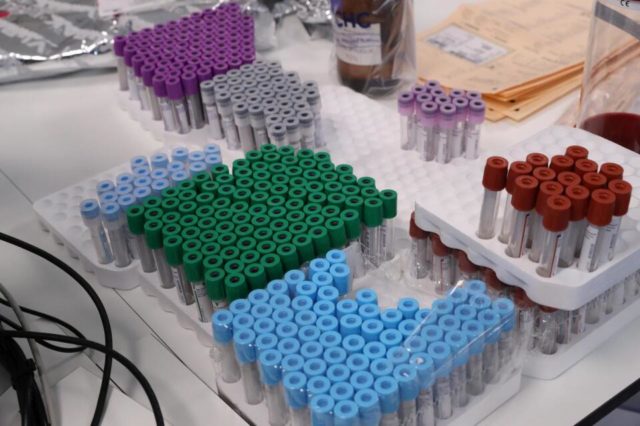“In the short term, the current attention given to Covid-19 is disproportionate, and neglecting other diseases (both communicable and non-communicable) could pose a significant danger to the public health system in the long term.”
THERE is a need to balance individual autonomy with broader issues of public interest and safety in the context of the Covid-19 pandemic, scientists have cautioned in this month’s issue of the South African Medical Journal (SAMJ).
The study, “Comparative strategic approaches to Covid-19 in Africa: Balancing public interest with civil liberties”, which was done in six African countries during the pandemic – South Africa, Malawi, Uganda, Zambia, Zimbabwe and Botswana – said that: “While public health measures have been taken in the best interests of communities, in all six African countries described here, the ethics of implementation have been poorly communicated, poorly understood, and in some cases compromised.’’
At the outset, the study noted: “As Covid-19 spreads rapidly across Africa, causing havoc to economies and disruption to already fragile health care systems, it is becoming clear that despite standardised global health strategies, national and local government responses must be tailored to their individual settings …
“The impact of stringent measures in low- to middle-income African countries has bought time for health care facilities to prepare for the onslaught of Covid-19 cases, but some measures have been challenging to implement.
“In some settings, public health measures have been associated with serious violations of individual rights owing to abuse of power and gaps in implementation of well-intentioned policy.
“Collateral damage with regard to non-Covid-19 diseases that were sub-optimally managed in pre-pandemic times may mean that lives lost from other diseases could exceed those saved from Covid-19.
“While individuals complying with lockdown regulations have embraced an acceptance of the concept of the common good, at a broad community level many are finding the transition from individualism to collective thinking required during a pandemic difficult to navigate.”
It also concluded that, “in the short term, the current attention given to Covid-19 is disproportionate, and neglecting other diseases (both communicable and non-communicable) could pose a significant danger to the public health system in the long term’’.
Highlighting the fact that a “challenge arises when highly restrictive measures are superimposed on historical socio-economic inequity’’, the study said: “The impact of public health measures during Covid-19 in Africa is likely to be broad and long-lasting. However, this is not to suggest that these public health measures are unnecessary.
“The social, political, economic and psychological effects of allowing a pandemic to spread without implementing such public health measures are seemingly more devastating.
“We recommend that African government responses to Covid-19 should be contextualised and representative of the broad range of expertise necessary to assist with an outbreak that has strong ethical, legal and socio-behavioural components.
“Committees advising governments should incorporate scientists, bioethicists, legal experts and social scientists.
“In addition, all responses should have a strong ethics and human rights focus on community education and engagement of community health care workers, public health experts, civil society members, law enforcement officers and local community leaders.”
Commenting on the study done in South Africa, the authors said: “While the stringent Level 5 lockdown measures were an accepted public health emergency response directed towards collective needs or the greater common good, they unavoidably limited individual health interests in a democratic society.
“The public health crisis also required re-prioritisation of health service delivery to Covid-19 patients. However, the health system also has an ethicolegal responsibility to provide uninterrupted services for the management of other health priorities such as HIV/Aids and tuberculosis (TB), as well as contraceptive care, child immunisation, and support for individuals affected by gender-based violence (GBV).’’
Cautioning that more lives could be lost to diseases such as HIV during lockdowns in Africa compared with those saved by measures to prevent Covid-19 from spreading, the study said: “Allocation of resources to Covid-19 patients has reduced capacity for non-Covid-19 patients in LMICs with high prevalences of TB, diabetes and HIV.
“For instance, HIV is more prevalent in sub-Saharan African countries than in the rest of the world, and restriction on freedom of movement by curfews should be carefully balanced so as not to deprive non-Covid-19 patients in need of care and essential medication.’’








